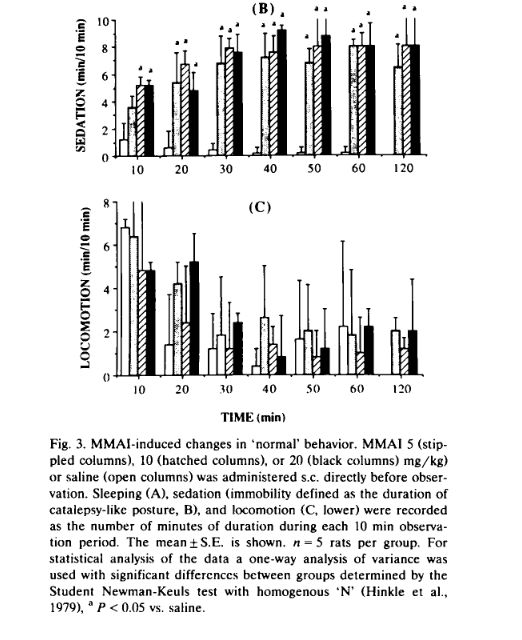JohnBoy2000
Bluelighter
- Joined
- May 11, 2016
- Messages
- 2,465
Not for myself.
I'm just curious.
There was recently a court case held an account of a man accused of attempted murder; name Jon Koppenhaver.
Was a UFC fighter.
His girlfriend was a pornographic actress - Christy Mack - the victim.
He had a long history of impulsive violent outbursts, and a traumatic childhood - his mother a junkie, his father died in his arms whilst he attempted to revive him with CPR.
He said he made it through is childhood by being effectively fostered by a gym owner - then wrestled and lifted weights, almost as an occupation, ultimately becoming a professional fighter.
He had described that, his mother had spent his college fund on drugs - his mother and her boyfriend - so he beat her boyfriend to an inch of his life.
Several other assaults followed - two stints in prison.
He actually beat up an entire room full of pornstars, including his then pornstar girlfriend (different from Christy Mack), for flirting with other male actors at a party for performers.
Ultimately now looking at a life sentence in prison for beating up his following pornstar girlfriend, Christy Mack, and her then boyfriend.
In Stahls book - he emphasizes that, childhood trauma can often give rise to neuronal malfunction.
It can trigger or induce bipolar or schizophrenia.
He also mentions that, a huge percentage of those who suffer neuronal malfunction - due to dopamine imbalances in the reward pathway in the limbic system, can often exhibit substance seeking hahaviour - drugs, binge drinking, nicotine and marijuana etc - as these can secondarily incite DA release in the mesolimbic DA channel - compensating for that neuronal deficiency.
The case described above - I assume could be classified as perhaps the induction of somewhat manic phases brought about by stress or provocation - the guy gets angry basically - and has violent outbursts, even he himself can't control.
A young dude - about 23 years old, recently moved into my shared accommodation.
He exhibits clear and obvious drug seeking behaviour.
He drinks constantly, takes illicit drugs constantly.
When he doesn't drink alcohol - he attempts to pacify his craving by constantly drinking tea.
He has described terrible trauma in his childhood also - like truly crazy.
So - my question.
Pharmacologically - these types of situations - and I can think of many more - how are they treated?
Can that impulse to trigger DA in the reward channel via substance abuse - can it be soothed, via any pharmacological approaches?
The aggressive outbursts and violence - can they be controlled - perhaps if they were likened to manic phases of bi-polar - they would be treated with anti-psychotics as mood stabilizers, and perhaps GABA'ergic type drugs?
Is there a pharmacological type treatment for these conditions?
I'm just curious.
There was recently a court case held an account of a man accused of attempted murder; name Jon Koppenhaver.
Was a UFC fighter.
His girlfriend was a pornographic actress - Christy Mack - the victim.
He had a long history of impulsive violent outbursts, and a traumatic childhood - his mother a junkie, his father died in his arms whilst he attempted to revive him with CPR.
He said he made it through is childhood by being effectively fostered by a gym owner - then wrestled and lifted weights, almost as an occupation, ultimately becoming a professional fighter.
He had described that, his mother had spent his college fund on drugs - his mother and her boyfriend - so he beat her boyfriend to an inch of his life.
Several other assaults followed - two stints in prison.
He actually beat up an entire room full of pornstars, including his then pornstar girlfriend (different from Christy Mack), for flirting with other male actors at a party for performers.
Ultimately now looking at a life sentence in prison for beating up his following pornstar girlfriend, Christy Mack, and her then boyfriend.
In Stahls book - he emphasizes that, childhood trauma can often give rise to neuronal malfunction.
It can trigger or induce bipolar or schizophrenia.
He also mentions that, a huge percentage of those who suffer neuronal malfunction - due to dopamine imbalances in the reward pathway in the limbic system, can often exhibit substance seeking hahaviour - drugs, binge drinking, nicotine and marijuana etc - as these can secondarily incite DA release in the mesolimbic DA channel - compensating for that neuronal deficiency.
The case described above - I assume could be classified as perhaps the induction of somewhat manic phases brought about by stress or provocation - the guy gets angry basically - and has violent outbursts, even he himself can't control.
A young dude - about 23 years old, recently moved into my shared accommodation.
He exhibits clear and obvious drug seeking behaviour.
He drinks constantly, takes illicit drugs constantly.
When he doesn't drink alcohol - he attempts to pacify his craving by constantly drinking tea.
He has described terrible trauma in his childhood also - like truly crazy.
So - my question.
Pharmacologically - these types of situations - and I can think of many more - how are they treated?
Can that impulse to trigger DA in the reward channel via substance abuse - can it be soothed, via any pharmacological approaches?
The aggressive outbursts and violence - can they be controlled - perhaps if they were likened to manic phases of bi-polar - they would be treated with anti-psychotics as mood stabilizers, and perhaps GABA'ergic type drugs?
Is there a pharmacological type treatment for these conditions?

